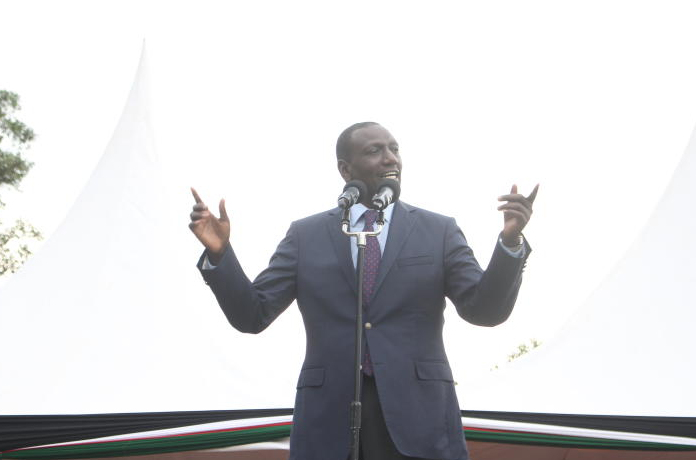
Deputy President William Ruto’s regular refrain that Kenya owes him the presidency betrays a strange obsession with himself. Those who wish to lead us ought to come to us telling us what they want us to be, rather than what they want to be. How best do they want us to live our lives? This is the most critical question they must ask and answer satisfactorily. Your campaign platform should never be that someone is paying a debt to you.
Progressive leaders talk about the debt of leadership to society. This is the debt of good governance. In contrast to this is jungle leadership. This is a self-focused leadership, like that of the lion in the jungle. The lion imagines that the jungle owes it everything. Other predators in the same jungle also imagine that it is their jungle and that all good things there are theirs. Hence, you have a greedy and acquisitive jungle that is ruled by competing raw appetites. Every beast wants to grab everything in sight. Life is nasty, short and brutish.